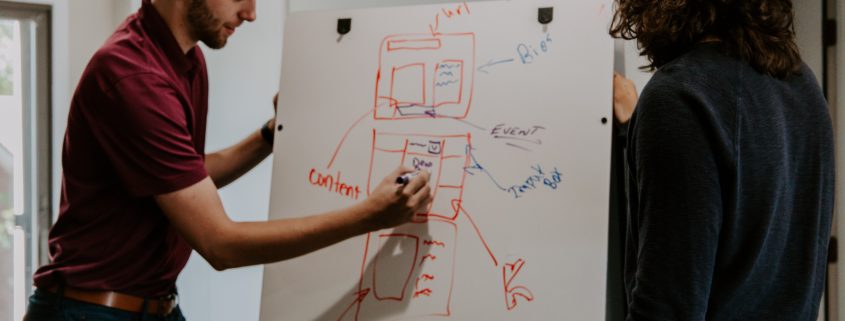How to Write an Effective Cover Letter
Cover letters are a great way to expound your experience, answer questions for the recruiter before they meet you, and give you another way to brag about yourself. Although many jobs do not require a cover letter, many still do, and many give you the option to submit one. So how do you write a cover letter?
Write It Like an Essay
Cover letters follow the same format as your English essays: introduction, main paragraphs, and conclusion. Your cover letter should have at least three paragraphs, and should not exceed a single page. Make sure to set your margins to narrow and your text spacing to single space so you can include as much information as possible.
Introduction
A cover letter is a letter, so you’ll start with a hello. Usually you’ll want to start with “Dear” or “Hello” and then the company name.
Your introduction should start with a hook. Put your best foot forward and show them immediately why you are worth meeting. An easy way to create your hook is take the first bullet in your summary from your resume and turn it into a full sentence.
Summary:
- 2 years of experience in marketing, communications, and business management with a focus on data analysis, marketing plans and strategies, and design
Cover Letter Hook:
I have two years of experience in marketing, communications, and business management with a focus on data analysis, marketing plans and strategies, and design.
After your hook, you can include an additional sentence that further showcases your skills or education. The last sentence of your introduction should say something like “Because of my experience, I believe I would be an excellent fit for (job title)”
Main Paragraphs
In your main paragraphs you want to highlight your skills in more detail. This is a great place to tell the story behind a project you mentioned in your resume, or to show off additional skills.
For example, “I always exceed the expectations given to me. When I first joined Company, Inc. I volunteered to help with the programming project and not only completed all my tasks early, but helped my coworkers when they had questions or issues. Because of that we were able to finish the project ahead of schedule and saved the company $500k in work expenses while our project made $1 million in the first month of release. This experience taught me the importance of organization, time management and building strong workplace relationships.”
Try to highlight two-three experiences or projects in your main paragraphs.
Conclusion
Your conclusion will only be one to three sentences. This is the place to explain any gaps in your work history or to specify that you will be moving to the area soon if the job is out of state. Use your last sentence to thank you the recruiter for reviewing your documents.
For example, “I will be moving to Denver by January 16th and could begin work as soon as January 20th. Thank you for taking the time to review my resume and cover letter. I look forward to hearing from you.”
Sign Off
A cover letter may be written like an essay, but it’s still a letter, so make sure to sign off. Usually you’ll use “Sincerely” and then use your first and last name.
Now you have a cover letter! For more information or ideas, check out these articles from Glassdoor and The Balance Careers.


